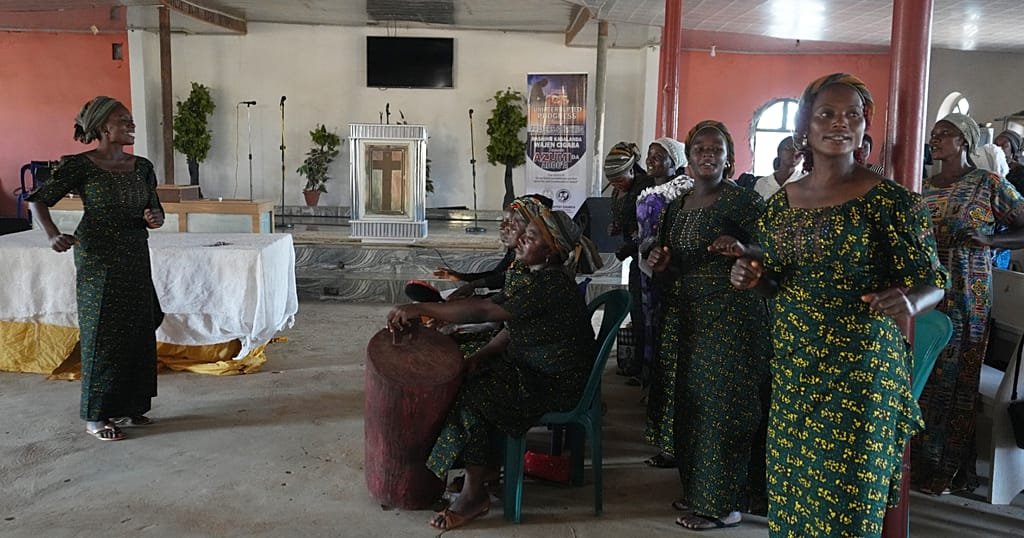Africa
Nigeria: The contrasted reality behind Trump’s claims of Christian persecution

Nigeria has been at the centre of a controversy in the past month, after United States President Donald Trump accused the country’s government of tolerating the widespread killing of Christians.
Nigeria’s population of 220 million people is split almost evenly between Christians, who live predominantly in the south, and Muslims, mostly in the north — where attacks have long been concentrated and where levels of illiteracy, poverty and hunger are among the country’s highest
In the northeast, Boko Haram jihadi extremists and, more recently, an Islamic State-backed breakaway faction have since 2009 waged an insurgency to enforce their brutal interpretation of Shariah law.
In the northwest and central regions, rogue gangs attack farming communities comprised mostly of Christians.
US President Donald Trump named Nigeria a “country of particular concern” — a US declaration for nations it says fail to act on religious freedom violations — and this month told defense officials to begin preparing for military action here.
The declaration followed a campaign by Republican lawmakers who say 100,000 Christians have been killed in Nigeria.
Experts say this figure is likely inflated. The reality on the ground is much more contrasted.
“There are both Muslims and non-Muslims involved because, as the saying goes, ‘a war cannot consume a town without the help of an insider.’ Some of those accused are Muslims, and some are not Muslims. That’s the truth,” said Nigerian imam Idris Ishaq.
Christian victims and church leaders echo Trump’s claims that Christians are persecuted. They say they’ve always been attacked, kidnapped or killed because of their faith.
Terror “has always come to use in the name of Islam,” said Rev. John Hayab, the chairman of the Christian Association of Nigeria in the country’s northern states.
Attackers “didn’t come praise the Lord. They didn’t come in Jesus’ name and do their havoc,” he added.
The US president has threatened military intervention to stop what he called “the existential threat” faced by Christianity in Nigeria.
Experts insist the reality isn’t as simple as Trump’s narrative.
While some attacks target Christians, overall, everyone in Nigeria is a potential victim of the violence plaguing the country.
Trends tend to vary year on year, according to Ladd Serwat, the senior Africa analyst at the conflict monitor Armed Conflict Location & Event Data Project (ACLED).
In 2025, “so far there’s actually been more Muslims killed in these sorts of religiously targeted attacks. But in 2024, the opposite was true, there were more Christians killed,” he said.
Overall, Serwat says there have been “similar rates of targeting of Muslims and Christians” in the past five years.
Targeted political violence has killed about 52,915 civilians in Nigeria since 2009, with both Christian and Muslim victims, according to ACLED — which uses local news reports for its data.
